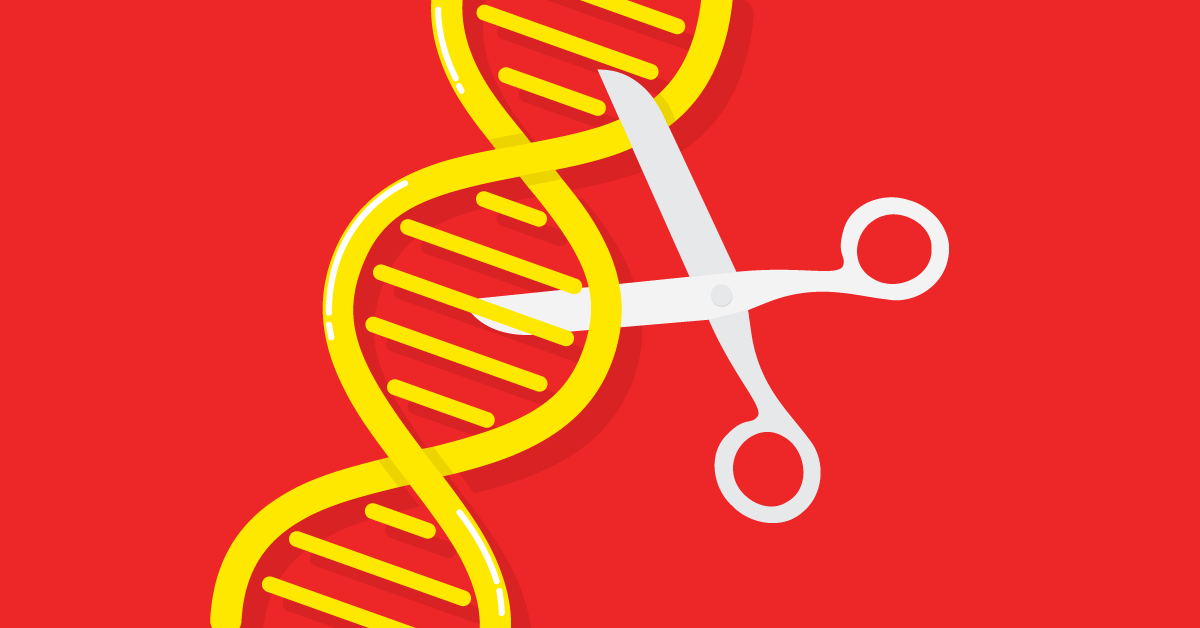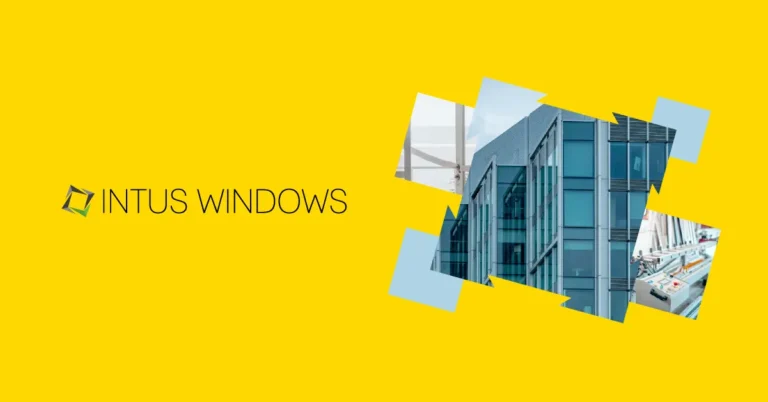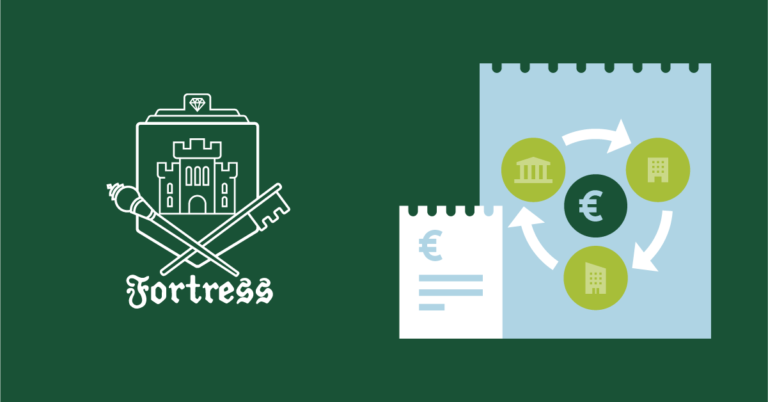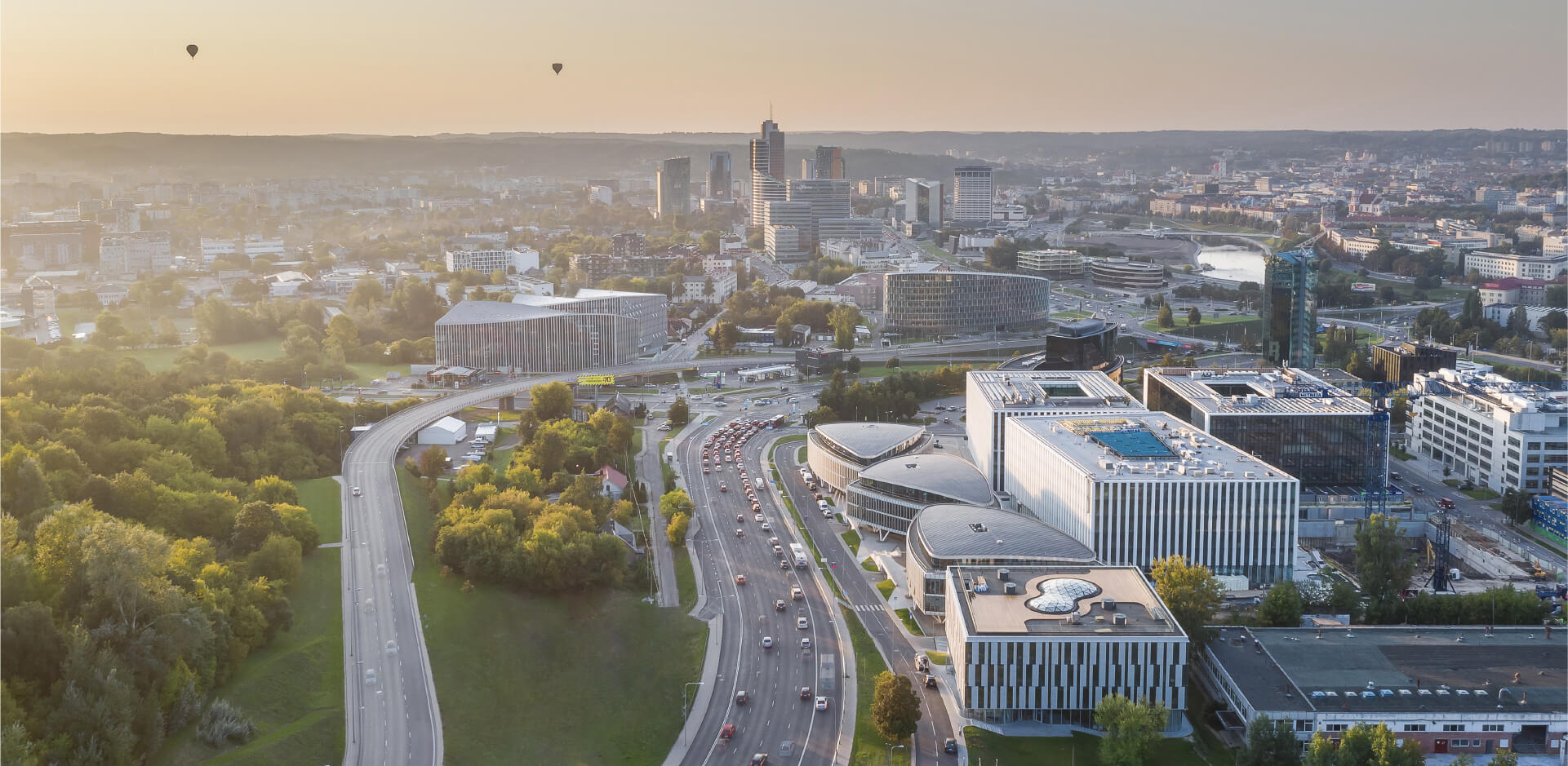Lithuania’s scientific prowess has been rooted in its strategic concentration on Biotechnologies and Life Sciences ever since 1975. While today NASA tests the brand new Lithuanian device to see if this non-invasive pressure meter could help astronauts to deal with their vision problems, Israeli’s scientists cooperate with our specialists to create the new resistant antibacterial agents. Concentrating on the high-skilled, motivated young specialists and providing them with an access to a progressive educational system accelerated the creation of technologies for the use in sport, military, aerospace industry and even your own bedroom.
Lithuania is famous for training excellent IT specialists; however it also prepares phenomenal engineers, chemists, physicists, medics and other Life Sciences experts. Therefore, Enterprise Lithuania decided to start assembling a Life Sciences startup community in 2014. Although the development is fairly recent, it has already proved that when the Lithuanian scientists and entrepreneurs combine their efforts, they can outpace the developments of many other countries. For instance, their method of cutting genes is three times quicker than any previously known technique. IQube 3D scanner, used by Real Madrid and Liverpool soccer players as well as the Tour de France cyclists, is a product developed in our country using the aerospace industry technology. Local scientists also created an algorithm for Lenovo and now supplies products to the US Army. The inventors of the world’s truly smart bed are no other than the Lithuanian innovators from Alovita and so forth.
Breakthrough Results Dictate A National Strategy
Since the future belongs to the bio-economy which is going to be based on the concrete results of the Biotechnology and Life Sciences sector, it becomes crucial to turn it into a national priority just like in such countries as the US, Israel, Switzerland, South Korea and Singapore. In order to improve the international competitiveness and economic vibrancy in Lithuania, governmental institutions, and the whole science and business ecosystem join their forces to establish an open and friendly environment for attracting the investments and forming new joint businesses with partners from abroad.
[quote text=”When the Lithuanian scientists and entrepreneurs combine their efforts, they can outpace the developments of many other countries. For instance, their method of cutting genes is three times quicker than any previously known technique.” name_surname=”” description=”” left=””]
The funds allocated for research and development have been annually growing at an average rate of 34 percent. Lithuania already hosts one of the most innovative hubs in Europe: 16 academic institutions, 15 most competent R&D centers along with the pool of over 15,000 specialists and researchers as well as nearly 200 companies operating in the sector, science parks and innovation valleys. They provide the most necessary tools for Lithuania to succeed in becoming one of the top high tech innovation centers in Europe or even the world. A nation with a population of only 3 million is among the top EU countries by the percentage of specialists with higher education. Physics and life sciences universities currently train nearly 9000 students, 1200 of these prospective inventors graduate each year.
Additionally, the government offers particularly favorable tax incentives for investments into R&D. These numerous efforts pay off. The Lithuanian techniques have been applied across the fields of medicine, pharmacy, chemical industry, agriculture and environment, and the biotech sector’s sales overall have grown by 22 percent each year for the past 5 years. 90 percent of the production is exported, which creates the total value of approximately 210 million euros a year. More than 21 percent of the production is sent to Sweden, almost 11 percent – to Germany. Other products go to places like Italy, United Kingdom, Denmark, and Norway. A well-established R&D base and a welcoming environment for businesses and investors motivate the international leaders to dare to step into the local market as well. Lithuania already hosts some of the global key players of the industry, including Thermo Fisher Scientific Inc., the absolute leader in serving science, as well as the Israeli company TEVA Pharmaceutical Industries, which is the second largest generic pharmaceutical company in the world.
LSB Forum – To Notice Tomorrow’s Potential
The international recognition of some of the Lithuanian scientists’ accomplishments opens up the opportunities for other Lithuanian tech companies as well. They are now able to cooperate with foreign scientists in an effort to solve some of the most pressing global problems.
[quote text=”The funds allocated for research and development have been annually growing at an average rate of 34 percent. Lithuania already hosts one of the most innovative hubs in Europe: 16 academic institutions, 15 most competent R&D centers along with the pool of over 15,000 specialists and researchers and nearly 200 companies operating in the sector, science parks and innovation valleys.” name_surname=”” description=”” left=”a”]
When the company Biotechpharma opened the very first state of the art Research and Development Center in Vilnius, it also became the most modern biotech center in Eastern Europe. On that occasion, Professor Vladas Algirdas Bumelis emphasized that biotechnologies hold a promise of a longer life, better health, new materials and even new information storage solutions. The potential of this science is so vast that it stimulates the creation of completely new manufacturing opportunities every day. In fact, as the era of information is approaching the end, the beginning of a new century dedicated to biotechnologies, begins. Luckily, Lithuania is firmly ascending to become a prominent home for the inventors of tomorrow’s biotechnological solutions.
One of the best chances to witness the proof that Lithuania is heading in the right direction is to attend Life Sciences Baltics (LSB) Forum. The biennial international science conference is organized by the governmental organization, Enterprise Lithuania. It is the largest gathering of all the Biotechnology and Life Sciences specialists from the entire Eastern European region. Furthermore, it attracts numerous delegations from the leading countries in this field, Ministers and Vice-Ministers of the UAE, Oman, Israel and China, experts from Japan, the United Kingdom, US, Switzerland, Germany and other places. Local and international corporations, investors attend this conference to notice tomorrow’s potential in today’s products. In such a way, it promotes a closer international cooperation between science and business in the fields of biotechnologies, medical equipment, devices and pharmacy. The Forum also provides a platform for startups to meet up with partners and investors. It is the ultimate place to be exposed in the clinical trials, meet the venture capital experts, boost ideas and begin cooperating further.
Special Attention For Young Scientists
Enterprise Lithuania recognizes that young specialists need a particular attention, therefore invites them to meet up with the world-class professors, experts, present their research and share business ideas with an international audience. In 2014, they had an opportunity to participate in the Intel Business Challenge Europe, which is an international acceleration program, aimed to help the young scientists to develop professional skills and take the right opportunities on the way to success. As a part of the competition, the best European teams submitted their business projects to the Intel Global Challenge, where the qualifiers got the chance to compete with the other projects from China, US, Arab countries and South America in the global finals held in the Silicon Valley.
Another great opportunity to connect and learn is provided by foreign industry experts and faculties from the top-research institutions. For instance, when a faculty from Harvard University and the other industry specialists from Boston came to Lithuania, students were able to take the Life Sciences Startups Entrepreneurship Course. Additionally, ten of the best startups had a chance to perform in the Startup Pitch Challenge that was later on judged by a panel of investors and the industry professionals. Young scientists are always encouraged to take advantage of multiple similar initiatives.
Enterprise Lithuania also organizes a cycle of regular meetings for entrepreneurs, scientists and Life Sciences startups called “Life Sciences Business Lab”. These meetings provide the perfect opportunity for both, the young and the experienced scientists and entrepreneurs, to connect and stimulate the growth of the Life Sciences Startups Ecosystem in the region. During one of these events, a group of scientists and entrepreneurs came up with the idea to form the very first Lithuanian team to participate in the prestigious International Genetically Engineered Machine (iGEM) competition, which takes place in Boston every autumn. Moreover, this is going to be the very first representative of the whole Baltic region to ever enter the iGEM competition.
“Vilnius iGEM” Team – In It To Win It
Most of the genetically designed systems in the contest will be made using standard biological parts, called Biobricks, in an attempt to solve the issues related to environmental protection, medicine, manufacturing and other areas. 7 students and experts of molecular biology, biochemistry and genetics came together to work at the Professor’s V. Siksnys laboratory in order to solve one of the most pressing synthetic problems in biology – bacteria’s aging.
[quote text=”The world’s first accurate non-invasive absolute intracranial pressure meter has been developed by the Lithuanian company Vittamed. NASA now seeks to explore whether this device may help to revolutionize the way to non-invasively and reliably assess intracranial pressure in astronauts as well as in patients that require monitoring on Earth.” name_surname=”” description=”” left=””]
“We observe the environment in which organisms die, because bacterias replicate and replicate, until it inevitably becomes immortal. Our cells, however, are different. We found a way to pre-program a certain number of times a bacteria could replicate and then stop,” – says Ingrida Olendraitė, who is a member of the “Vilnius iGEM” team. It is going to work just like an internal stopwatch, which would enable to make a cell die as soon as it completes its specific pre-programmed function. This innovative method would help to solve some of the most pressing global problems related to the uncontrollable spreading of genetically modified organisms in the natural environment.
The young Lithuanian scientists will compete with almost 280 other teams. However, in addition to the revolutionary idea, the “Vilnius iGEM” team also possess the other keys to success. One of the team members, Dainius Tautvaisas, already knows what it takes to win in such an international contest. He won the gold medals in the iGEM in 2013 with the team from the University of Edinburgh. In fact, he was also the one who suggested that a team from Lithuania should also enter the contest.
Now, the team is finally in, and their confidence is evident, “We’re in it, to win it”. Another significant asset to their team is the assistance and supervision from the world known biochemist and Professor V. Siksnys. Numbers talk: out of almost 50 known enzymes in the world, one third was actually resolved in the V. Siksnys’ laboratory. Additionally, many other supporters and experts from various science fields start recognizing the potential of the “Vilnius iGEM” team’s idea and offer to help. Thus, the young scientists are on the right track to not only become the first ones to ever enter this contest, but also to triumph in it with their revolutionary solution. And so is Lithuania as a whole – fixing the world’s pressing problems one biotechnological solution at the time.
New Antibacterial Agents: Birthplace – Lithuania?
Given that the whole world is alarmed by the prospect of the ending era of antibiotics, recently scientists from Vilnius University School of Medicine, the Lithuanian company Bioseka and the Israeli biotechnological business GeneArrest gathered together to create a new antibacterial biotechnology for the treatment of life-threatening infections. The other existing technology is not selective enough, and due to its inadequacy, the environment and the “good bacteria” which is essential for the healthy immune system, are both threatened. In order to specifically target the cause of a disease or so called “bad bacteria”, Lithuanians had to create a new more effective tool.
Over the recent decade, bacterial infections have become increasingly more resistant to the last resort antibiotics by transferring resistance genes from one bacterial species to the next. In the U.S. experience, out of 2 million cases of people who have been infected with antibiotic-resistant pathogens in 2013, at least 23,000 outcomes were fatal, many others resulted in permanent damage and disability. Even simple interventions into human body, such as a dental implant may introduce oral or skin bacteria to the deeper tissue, causing an implant rejection and repeat surgery. The new antibacterial agents are selective, thus they are able to preserve the natural microbial in order to increase the effectiveness by only combatting the “bad bacteria”.
NASA Seeks To Use A Lithuanian Device
The world’s first accurate non-invasive absolute intracranial pressure meter has been developed by the Lithuanian company Vittamed. Since some astronauts are developing serious visual impairment conditions with associated symptoms suggestive of elevated pressure on the brain, NASA now seeks to explore whether this device may help to revolutionize the way to non-invasively and reliably assess intracranial pressure in astronauts as well as in patients that require monitoring on Earth.
Forward-Looking Solutions For Agriculture
The world’s leading developer and supplier of advanced plant genetics recently announced the technology license and a multi- year research collaboration with the Institute of Biotechnology (IBT) at Vilnius University to advance the technical and commercial utility of guided Cas9 genome editing technology. This brand new Lithuanian invention has been recognized as one of the most exciting modern breakthroughs in biology. Easy programmability of the new customized system brings unprecedented flexibility and versatility for precise genome editing. The Cas9 technology will help to identify and immunize bacteria. This invention will promote drought tolerance and disease resistance consequentially protecting plant health and increasing crop yields.
Read full article at startuplithuania.lt















